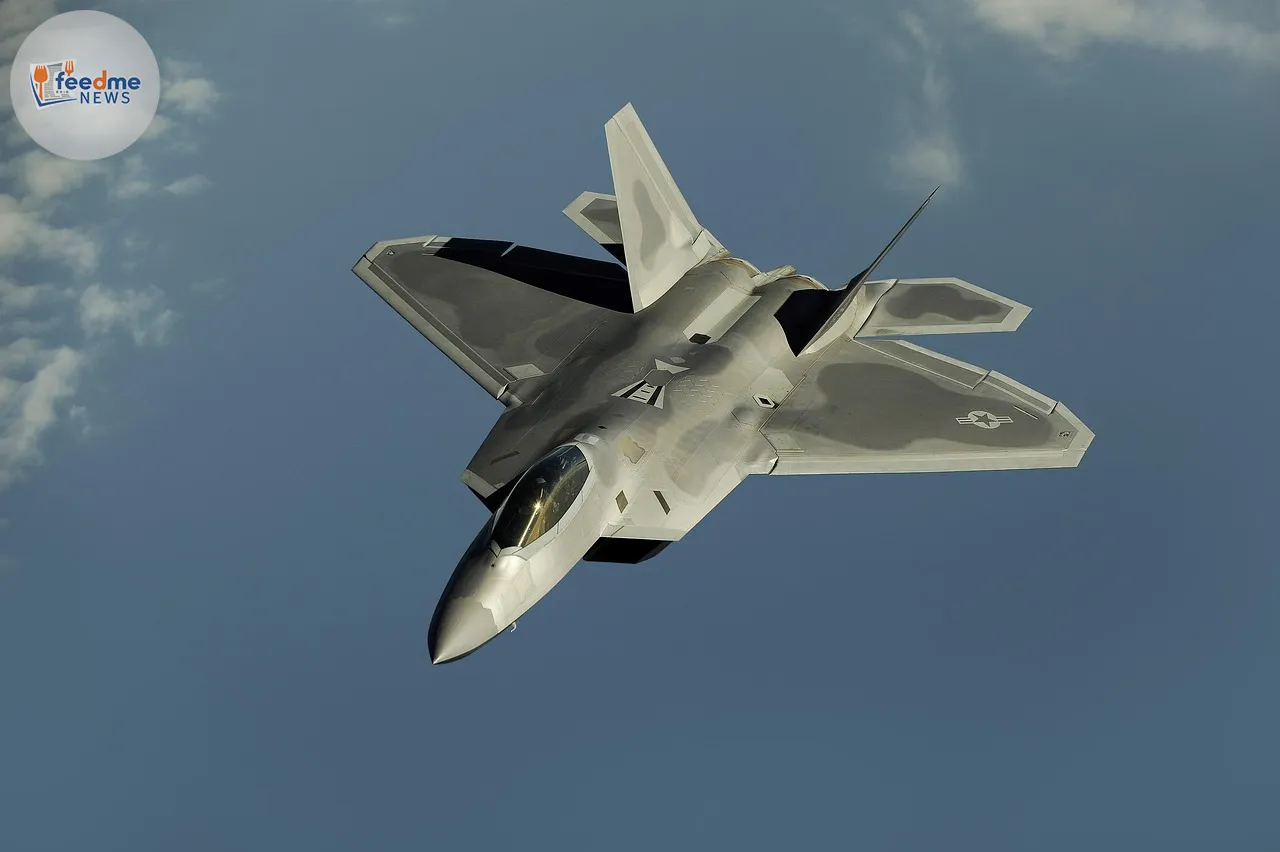A recent assessment by the U.S. Defence Intelligence Agency reveals that recent airstrikes on Iran have temporarily set back the country’s nuclear programme by several months. The strikes targeted three critical facilities, causing significant damage but failing to completely destroy Iran’s nuclear capabilities. This development has sparked a flurry of international reactions and raised questions about the future of Iran’s nuclear ambitions.
Airstrikes Target Key Facilities
The airstrikes were conducted on 24th June 2025, focusing on three pivotal sites within Iran’s nuclear infrastructure. These sites were identified as crucial in the enrichment and development of nuclear materials. According to sources familiar with the initial assessment, the strikes succeeded in damaging essential components of the facilities, thereby hindering Iran’s ability to progress its nuclear objectives in the short term.

Military analysts suggest that while the airstrikes have achieved a temporary delay, they have not dismantled Iran’s nuclear programme entirely. This partial success has prompted discussions on the effectiveness of military interventions in halting nuclear proliferation. The situation remains fluid, as Iran is expected to undertake efforts to repair and rebuild the damaged infrastructure.
International Reactions and Concerns
The airstrikes have garnered varied reactions from the international community. The United Nations has expressed concern over the escalation of military actions and their potential impact on regional stability. Meanwhile, U.S. officials argue that the strikes were necessary to prevent Iran from acquiring nuclear weapons, which they believe poses a significant threat to global security.
European nations have called for renewed diplomatic efforts to address the situation, urging both the U.S. and Iran to return to the negotiating table. The European Union emphasised the importance of dialogue and cooperation in resolving nuclear tensions, warning against actions that could lead to further conflict.
Iran’s Response and Future Implications
In response to the airstrikes, Iran has condemned the U.S. actions as an act of aggression and a violation of its sovereignty. Iranian officials have vowed to continue their nuclear programme, stressing that it is intended for peaceful purposes. The Iranian government has also indicated its intent to bolster its defence capabilities to deter future attacks.
Experts believe that the airstrikes may have inadvertently strengthened hardline factions within Iran, potentially complicating diplomatic efforts. The country’s leadership is likely to prioritise the restoration of its nuclear facilities and may seek to expedite its programme in retaliation.
Impact on Global Security and Diplomacy
The U.S. airstrikes on Iran have reignited debates over the efficacy of military interventions in addressing nuclear proliferation. Critics argue that such actions can exacerbate tensions and lead to unintended consequences, while proponents assert that they are necessary to curtail nuclear threats.
This development underscores the need for comprehensive diplomatic strategies to address nuclear challenges. The international community faces the task of balancing pressure with engagement to prevent further escalation and achieve long-term stability.
Potential Pathways Forward
As the situation unfolds, the focus remains on finding sustainable solutions to address the nuclear impasse. Diplomatic channels, such as the Joint Comprehensive Plan of Action (JCPOA), may offer a framework for negotiations, although its future remains uncertain.
The U.S. and its allies must carefully consider their next steps to ensure that efforts to prevent nuclear proliferation do not inadvertently lead to increased instability. Engaging with international partners and pursuing dialogue with Iran could prove crucial in achieving a peaceful resolution.
In summary, the recent U.S. airstrikes have temporarily set back Iran’s nuclear programme, but the long-term implications remain uncertain. International stakeholders must navigate a complex landscape, balancing military actions with diplomatic efforts to address the nuclear challenge and promote global security.






